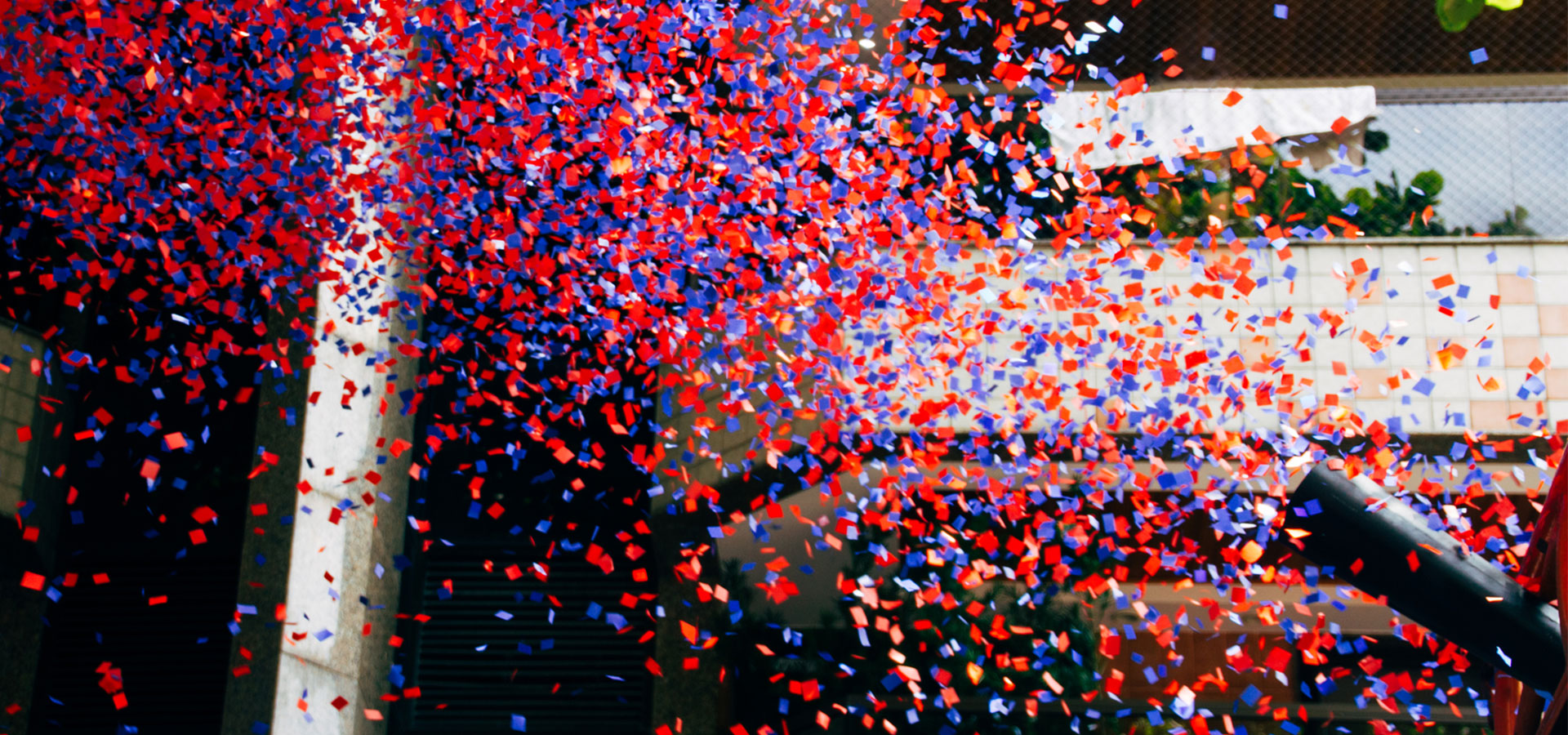
The Power of The Breakfast Sandwich
In corporate America, there’s a lot of talk about benefits and incentives, and rightly so. What companies offer in that space often informs their employment and makes employees more likely to work harder, stay longer, and be more productive. However, most benefits are, by their very nature, standardized by organization or by team—so it’s incumbent upon managers to identify levels of motivation and inspiration to engage their teams on an ongoing basis.
One of my favorite examples of thinking differently in this space comes from my colleague, Dan Tyre. Dan doesn’t inspire people by promising lavish trips, grand promotions, or wads of cash: he does it with breakfast sandwiches. Yep, good old-fashioned breakfast sandwiches.
Before I explain, let me tell you a little bit about Dan. When Dan was a freshman in college, he noticed that there was only one bass player on campus and that the person was a senior. With the lone musician on campus graduating, surely there would be a shortage of bass players, so he applied basic economic theory, learned to play bass entirely on his own, and created massive demand for his musical talent throughout his college tenure and beyond. Dan is a person who thinks differently, always has, and brings a unique perspective to his life as a sales leader at HubSpot. So it’s no surprise he has unconventional ideas for inspiring and motivating his team.
So why do people work harder for a $3 breakfast sandwich? Spoiler alert: it has nothing to do with the cost. Any of the reps Dan works with could afford to purchase a breakfast sandwich on his or her own, but there’s something about getting a warm customized breakfast order delivered right to your desk that makes everyone dig a little bit deeper and work just a tiny bit harder.
What can we all learn from Dan’s Egg McMuffin Theory of Motivation?
1) Deliver the Unexpected: Regardless of what people do on a daily basis, they fall into their usual routines and start going through the motions. That can be good in the sense that they gain comfort in their environments, but it can also lead employees to be complacent instead of pushing themselves. Offering the unexpected can yield unexpected results, and that’s good for your team and your organization. Whether that’s mixing up the structure of your weekly meeting, shifting seats every few weeks to encourage people to meet other team members, or offering unconventional incentives, shaking things up is a catalyst for people to fight complacency.
2) Know Your Audience: I’m constantly amazed by people who have a one size fits all approach to coaching. Invest the time to understand what inspires the people you work with and tailor your approach accordingly. For example, many college football programs reward exceptional play or effort with stickers on a helmet. Players don’t compete for a sticker per se, but rather for the prestige and recognition associated with that sticker. Applying the same principle to another team in another sport at another school might not work—leaders need incentives that fit the way their team members work.
3) The Sooner, the Better: As humans, we’re wired to want immediacy, which is why traditional review systems are so broken. Think about it—where else outside of work do you wait six months to tell someone what you think of them? The best feedback is instant, clear, concise, and actionable, and the same is true of rewards. If you see something, say something—recognizing positive, or negative, behaviors as they happen is as important (if not more so) as identifying suggestions for improvement.
Chances are, you don’t remember the standard schwag your company gave out at your holiday party last year or the $10 gift card your manager gave you and your team five years ago for a job well done. There’s a reason for that: most incentives are boring and do little to inspire a reaction. So the next time you’re thinking about how to move the needle with your employees, take a page from Dan’s book: think outside the box and be inspired by the breakfast sandwich. A little thoughtful motivation goes a long way, and your employees won’t soon forget it.


Uncommon Person: Chad Hutson

Our Internal Learning & Impact at Bulldog Drummond

The One Decision by Employers in 2021 that Means Everything

What I Wish I Knew

Standing Up Inside

Uncommon Person: Gregg Imamoto

Five Things Every Company Should Know about ESG

Redefining Value

Uncommon Person: Chris Baréz-Brown

It’s Time For A Whole Lotta Common Good

Did You Choose Humanity?

Uncommon Partnership: Violux

Here’s How

Uncommon Person: Santhosh Nair

Designing Strategy For A Complex World

Responsibility & Relevance for Brands

